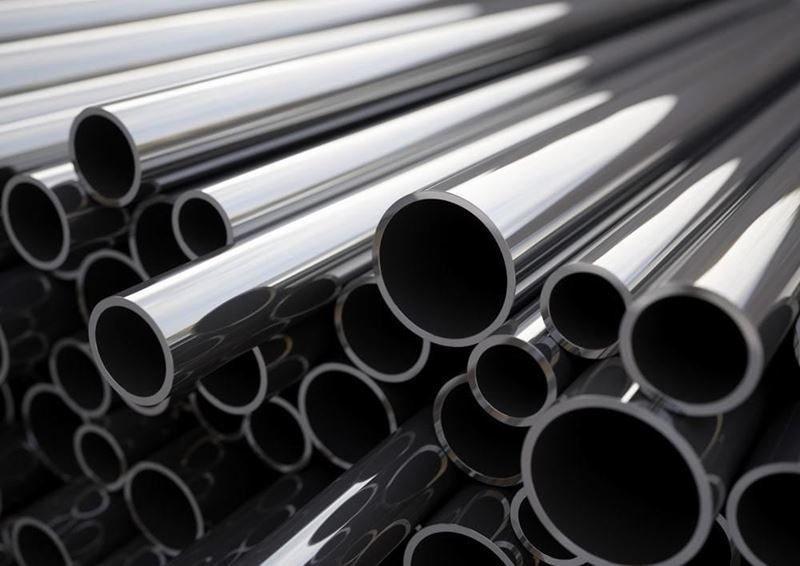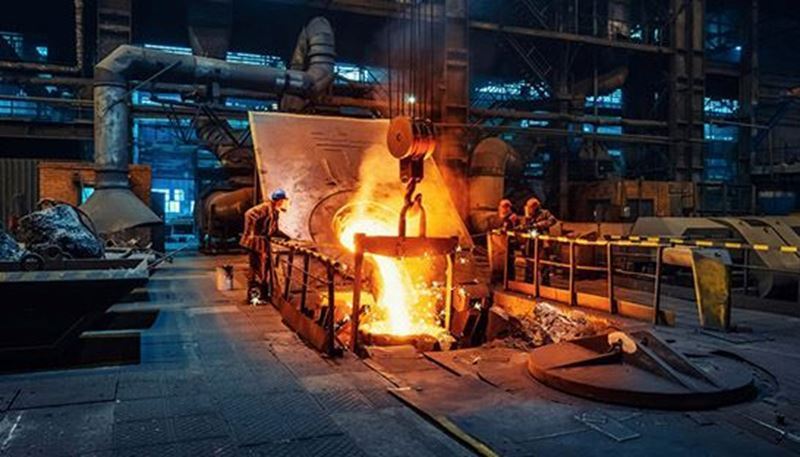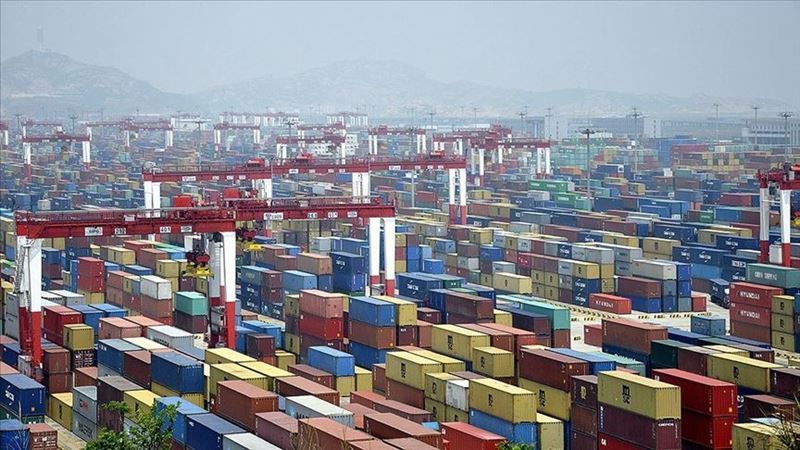Speaking on Iran's local media channel, Iranian international iron and steel market analyst Dr. Keyvan Jafari Tehrani said that the unexpected results of the US elections and the economic strategies under Donald Trump have significantly affected global commodity markets. Following Trump's election, the Federal Reserve reduced interest rates to support commodity prices. There has been a general decline in prices across the steel supply chain and base metals.’ Jafari Tehrani noted the following in his speech;
Policies favouring the use of fossil fuels in the Trump administration have weakened demand for metals such as copper. This led to pessimism among market participants. While steel prices fell more sharply, prices of basic raw materials such as iron ore, coking coal and scrap also fell. This downward trend is expected to continue until Trump's official policy announcements after his inauguration.
China's Attitude and Reaction
Despite the initial benefits of low steel prices, prolonged declines could damage China's production capacity. As the world's largest producer and consumer of steel, China faces difficulties in balancing short-term benefits with long-term impacts.
Although China has shown strategic patience in the face of US-China trade tensions, it is expected to act decisively in the coming months to mitigate potential economic impacts.
Geopolitical and Commercial Dynamics
Trump's policies aim to strengthen the US economy while strengthening geopolitical alliances, especially with Russia. In particular, there is speculation about deals involving reduced support for Ukraine in exchange for concessions in other areas, such as the oil and steel sectors. Russia's potential alignment with US policies could potentially crowd out China by increasing its market share in key sectors such as steel supplies to Saudi Arabia.
Saudi Arabia's Steel Demand and Regional Impacts
Saudi Arabia's infrastructure projects such as NEOM and Jeddah Tower require significant steel imports due to constraints on domestic production. Although Saudi Arabia claims higher production figures, discrepancies arise due to steel from joint ventures in Pakistan. Looking at the statistical figures, Saudi Arabia's steel production was declared at 18-18.5 million tonnes. However, steel consumption figures were 24-24.5 million tonnes last year. These figures revealed that Saudi Arabia imported 6 million tonnes of steel. Since Pakistan and Saudi Arabia have two joint steel mills, the production made here causes Saudi Arabia's annual steel production figure to be high. This proved that Saudi Arabia's steel production is actually low. It meets its 6 million tonnes of steel needs from Turkey, Brazil and Russia.
Iran's Export Difficulties and US Sanctions
Iran, a major global steel producer, is facing increasing obstacles due to US sanctions. Restrictions on financial mechanisms such as the NIMA exchange have further hampered exports. Analysts urge Iran to maximise short-term export opportunities before Trump officially takes office and imposes stricter policies.
Global markets are increasingly affected by strategic manoeuvres between major players such as the US, China and Russia. The trade war between the US and China has intensified with Trump's strategic moves. The current US President Biden has not been able to counter these developments effectively. The manipulation of trade and production data by countries such as Saudi Arabia shows how political motivations shape market perceptions.
Iran faces increased sanctions
Exporters should act quickly to take advantage of favourable conditions before significant policy changes take place in early 2025. Trump's policies could affect relations with Russia, energy markets and steel supply chains, and potential backdoor deals between major powers could impact global commodity markets.
Iran is facing increased sanctions and reduced flexibility in financial and commercial operations. Jafari Tehrani advises the Iranian government to maximise opportunities before 20 January and be cautious on major trade deals amid uncertainty.
Close monitoring of geopolitical developments and prudent trade strategies are essential to effectively navigate the changing global market environment.
Jafari Tehrani concludes by emphasising the need to remain vigilant and adapt to global market shifts, especially as the Iranian steel industry faces increasing challenges due to US sanctions and evolving international dynamics.











Comments
No comment yet.